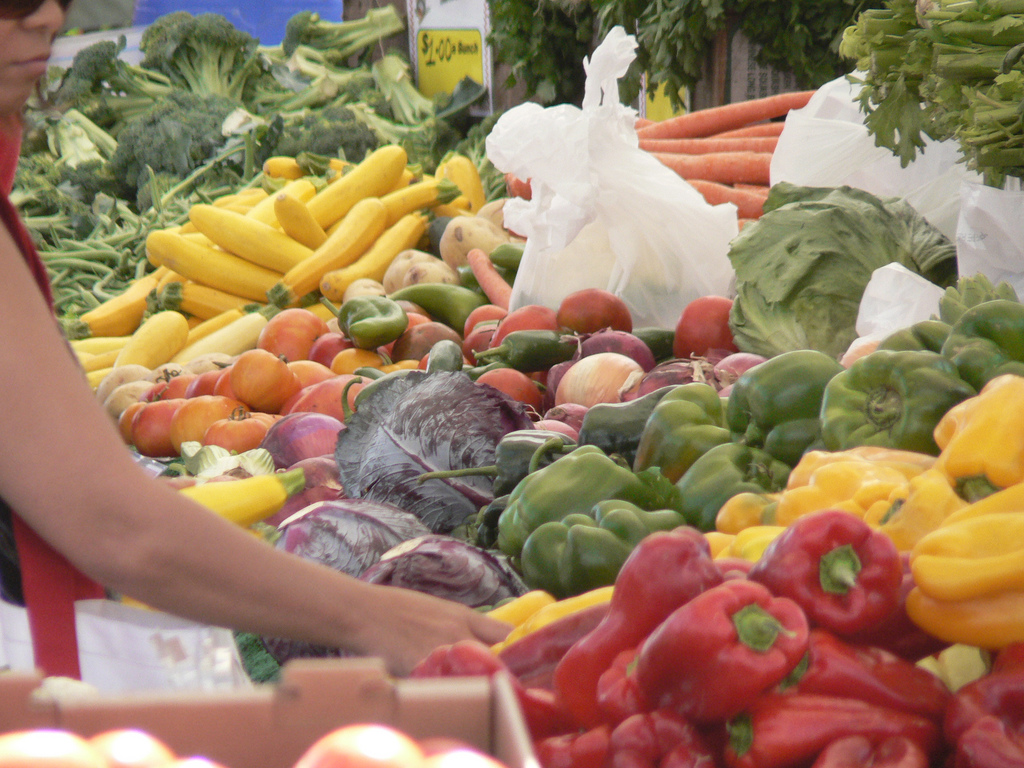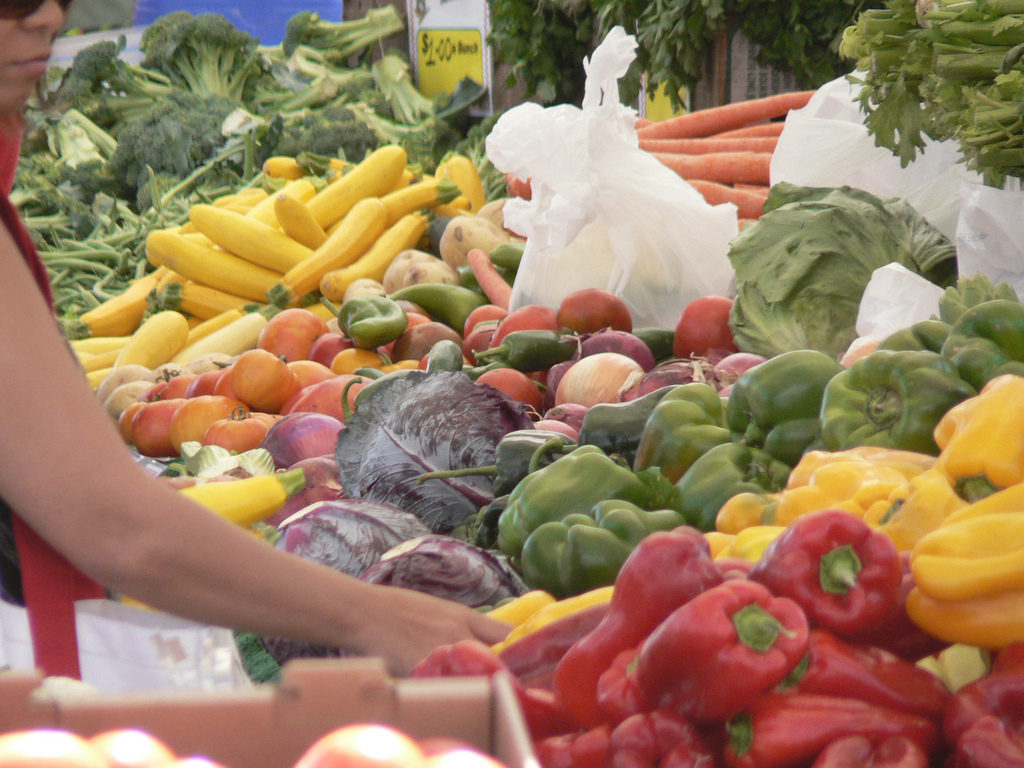
As more and more “farm to table” restaurants are being opened by restauranteurs like Joshua Manocherian, the popularity of eating locally has grown. While this may be seen as little more than “a fad” by some, the underlying idea of eating locally has environmental, social and ethical implications that make this approach to eating much more than a simple trend. In fact, it can be seen as a return to more traditional ways of eating, and reflects a different relationship toward food based on an understanding that food sustains us. In a culture dominated by fast food and the prevalence of “frankenfoods,” eating locally is a useful antidote to the idea that food comes in a plastic bag or cardboard box from the supermarket.
Eating locally not always easy or convenient. It usually means that you will need to visit a farmer’s market rather than a supermarket, and it also may mean that you have to adjust to a seasonal eating schedule. That said, there are many benefits to eating locally. Here are just a few.
Local food is more likely to be organic
While large commercial farms will typically rely on environmentally damaging pesticides and chemical fertilizers to produce their crops, small local farms are much more likely to follow organic farming practices, even if they are not formally certified as organic farms. This means that rather than using toxic sprays and chemicals, small farms generally rely on things like crop rotation to maintain soil health, natural weed suppression techniques like close planting methods and physical barriers, and bio-friendly pest control strategies involving crop rotation and the encouragement of natural predators to control pests, such as ladybugs to control aphids. Not only does this mean that the food you eat is not laced with toxins, but the environment is spared from things like chemicals seeping into the water table.
Eating locally is environmentally friendly
In addition to the fact that local eating supports organic farming practices, it also contributes to a healthy environment in other ways. Most obviously, local eating does not require food to be transported from other part of the country or even the world. This significantly reduces the need to burn fossil fuels to bring food from the farm to your kitchen. Additionally, as food is transported, it will typically need to be refrigerated, which also requires the expenditure of energy. Supermarkets need to keep food cool or frozen once it arrives on their shelves, further increasing the need to use energy to preserve food. Compare this to the energy required to bring freshly harvested food to the local farmer’s market where it can be purchased, carried home, and immediately consumed.
Eating locally connects you to your food
Eating locally helps us to cultivate a renewed relationship not only with our food, but with the people who grow it. As we move away from packaged, preservative-laden, and unnatural foods, we are able to appreciate what real, fresh food looks and tastes like. This is the first step in making healthy choices for ourselves and our families. And when we have an understanding that food comes from the local community as is grown by our neighbors, we gain insight into the issues that farmers face and become empowered in our decisions to support local communities.
These are just some of the many ways that people and communities can benefit from the decision to eat locally.



